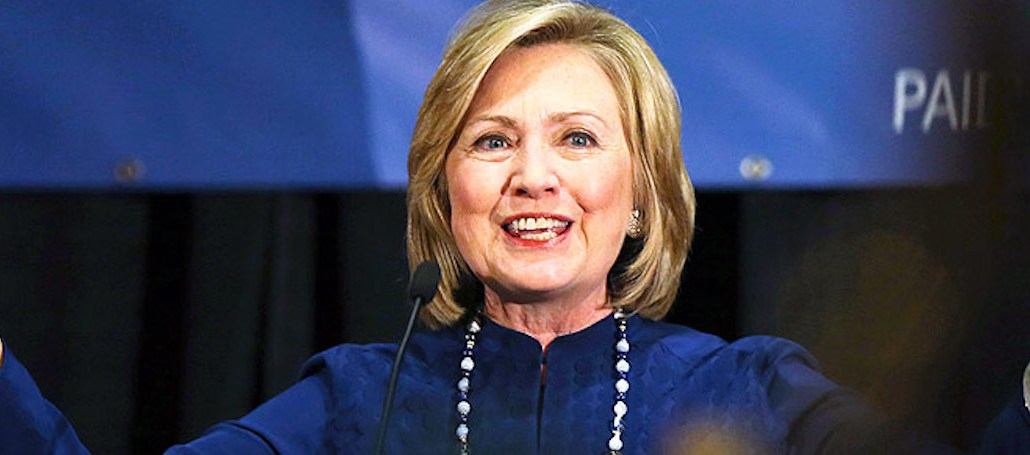Save 50% on a 3-month Digiday+ membership. Ends Dec 5.

Ad agencies are doing their bit to increase voter turnout this Election Day, coming up with various flexible working arrangements to encourage staffers to get out and vote.
A variety of agencies, from Edelman and Day One to AKQA and Walton Isaacson, are doing everything from letting employees work remotely to delaying opening their offices until later in the day in a bid to encourage them to vote.
“We were anticipating a flurry of time-off and work-from-home requests and wanted to get ahead of those,” said Rob Longert, managing partner at Day One, which is officially marking Tuesday, Nov. 8, a work-from-home day. “A lot of things, from client meetings to being registered in a different state can prove to be challenges in getting to the polls, so we wanted to make it as easy as we could for our employees to exercise their constitutional rights to vote.”
Day One published its policy in a blog post on Sept. 27, timing it with Voter Registration Day. The agency’s note also included links to voter registration pages, information about absentee ballots and deadlines in case any employees had yet to register.
For Edelman, flexibility just didn’t cut it. When the agency polled its employees about the biggest barriers stopping them from getting to the polls, time fared top of the list. Agency executives realized that even with flexible time off to vote, it was still difficult for staffers to juggle work, polls, childcare and other responsibilities. So the agency mandated to delay opening all of of its 14 U.S. offices until 11:30 a.m. on Election Day.
“A delayed start is in some ways a small change, but we are hopeful that the added permission and a little extra time will help our staff — especially working parents and those traveling longer distances to the office — find the time to cast their vote,” said Russell Dubner, president and CEO of Edelman U.S.
This is not all out of the goodness of their corporate hearts. Several states have laws requiring employers to make allowances for employee voting. (New York requires paid leave at the start or end of the day to vote.)
Ad position: web_incontent_pos1
The move also comes on the heels of several tech companies such as Spotify and About.com and even fashion companies like Tory Burch establishing Nov. 8 as paid company holidays in an effort to increase voter turnout.
“It’s a particularly exciting cycle, and everybody’s got their hearts in their throats,” said John Zieman, president and editor at creative editing boutique PS260. “We have a number of employees from some of the smaller states around New York — whose vote may carry greater weight than others — so we want to make sure they can get to their hometowns easily.”
It’s not just the tech, advertising and fashion industries. Former president George W. Bush endorsed a report in 2001 that recommended, among other things, that Election Day be moved to Veterans Day. More recently, President Obama told Rutgers’ college newspaper that he favors making Election Day a national holiday.
“We have had really positive initial feedback from our staff, so there are pretty good chances that we’ll do something similar in four years,” said Edelman’s Dubner.
More in Marketing

Ulta, Best Buy and Adidas dominate AI holiday shopping mentions
The brands that are seeing the biggest boost from this shift in consumer behavior are some of the biggest retailers.

U.K. retailer Boots leads brand efforts to invest in ad creative’s data layer
For media dollars to make an impact, brands need ad creative that actually hits. More CMOs are investing in pre- and post-flight measurement.
Ad position: web_bfu